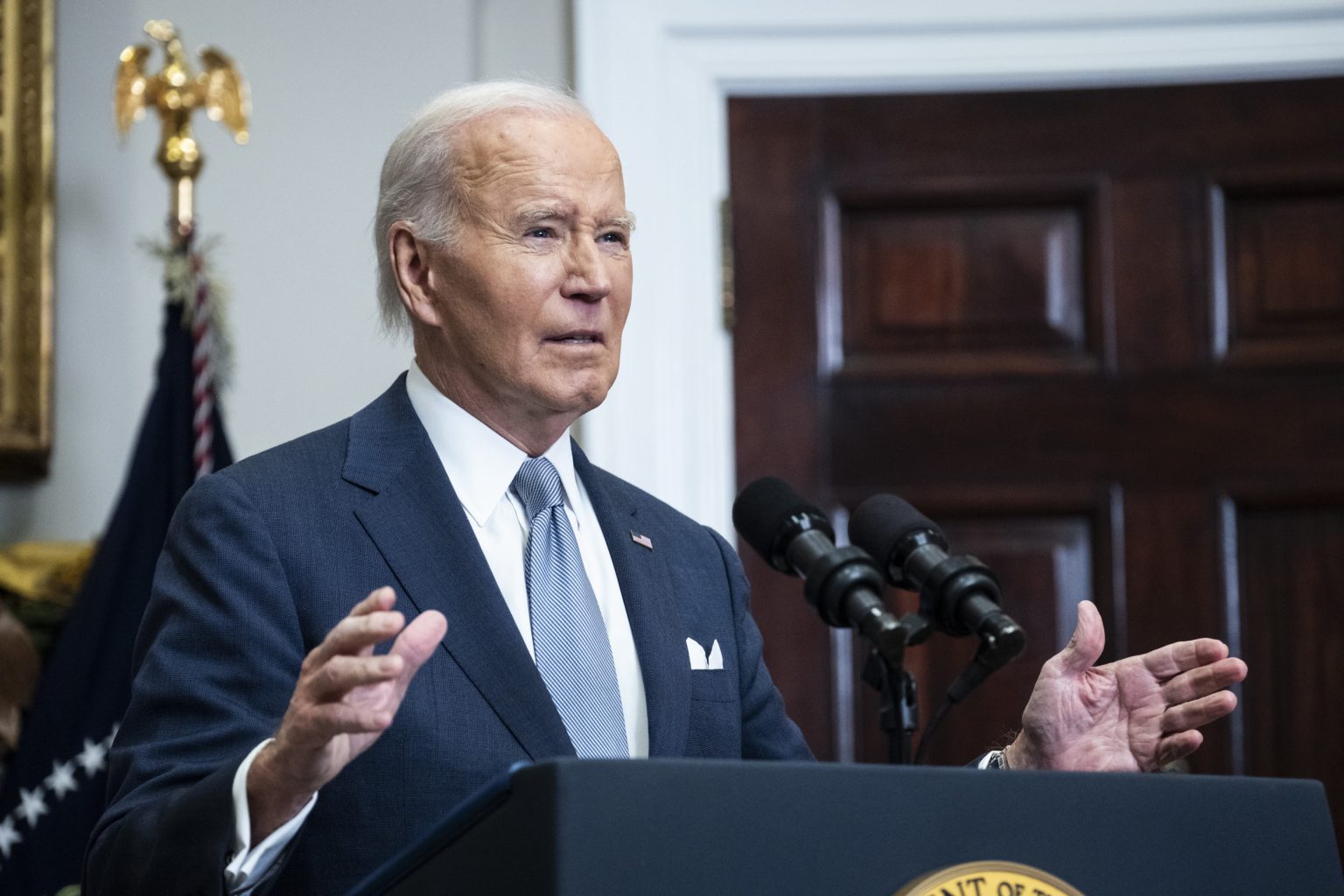President Joe Biden’s departure from the political arena next month marks the end of a five-decade career, culminating in a presidency marked by historically low approval ratings. His exit contrasts sharply with that of his predecessor and successor, Donald Trump, who, despite leaving office in 2021 with similarly low approval following the January 6th Capitol riot, managed a remarkable political resurgence to reclaim the presidency. While Trump left office initially with a 43% approval rating, Biden currently faces a significantly lower 37%, a figure that risks cementing his legacy as a one-term president with one of the lowest approval ratings in modern history, potentially surpassing even Jimmy Carter’s 31% upon leaving office.
This decline in public approval underscores a challenging presidency for Biden. Although he entered office with higher approval than Trump had at his departure, the positive sentiment quickly dissipated. The turbulent withdrawal of US troops from Afghanistan in 2021 proved a pivotal moment, marking a downturn in public opinion from which his approval ratings never fully recovered. Despite early optimism surrounding his vow to unify a deeply divided nation, recent polls suggest this goal remains elusive, with a significant majority of Americans believing the country is more divided now than at the end of Trump’s term. This perception of a fractured nation further complicates Biden’s legacy and underscores the difficulties he faced in bridging the partisan divide.
Multiple recent polls corroborate the downward trend in Biden’s approval. A Monmouth University poll places his approval at 35%, mirroring his lowest mark from a year ago. While an Associated Press-NORC Center for Public Affairs Research poll shows a slightly higher approval at 39%, and a Marist poll at 40%, all these figures remain significantly below the 50% mark, indicating substantial public dissatisfaction. This consistent pattern across different polling organizations paints a clear picture of a president struggling to maintain public support throughout his term. The persistent low approval ratings, hovering in the mid-to-low 30s, reinforce the narrative of a presidency facing significant challenges in connecting with the American public.
Further complicating Biden’s final weeks in office was his controversial pardon of his son, Hunter Biden, on tax and gun charges. This decision, met with widespread public disapproval, has fueled criticism and arguably contributed to the decline in his approval ratings. The Marist poll revealed that nearly 60% of Americans disapproved of the pardon, suggesting this action resonated negatively with a substantial portion of the electorate. Critics argue that the pardon reflects favoritism and undermines the principle of equal justice under the law, potentially further tarnishing Biden’s legacy as he prepares to leave office. This final act of clemency, while defended by the president as protecting his son from unfair prosecution, has undoubtedly cast a long shadow over his departure and solidified the perception of a president struggling with public trust.
The stark contrast between Biden’s exit and Trump’s previous departure highlights the unpredictable nature of political fortunes. While Trump left office under the cloud of impeachment and the January 6th attack, he managed to maintain a significant base of support that ultimately propelled him back to the forefront of Republican politics and paved the way for his return to the presidency. Biden, despite entering office with a message of unity and a promise to restore normalcy, has struggled to maintain public approval amidst a backdrop of political polarization, economic challenges, and the lingering effects of the COVID-19 pandemic.
Ultimately, Biden’s presidency will be remembered as one marked by both historic firsts – the oldest president to be sworn in, the second Catholic president – and significant challenges. His low approval ratings, the controversial pardon of his son, and the persistent perception of a divided nation will likely shape the historical narrative surrounding his time in office. As he prepares to hand the reins back to his former rival, the contrast between their respective political trajectories serves as a potent reminder of the fluidity and often unpredictable nature of American politics.

